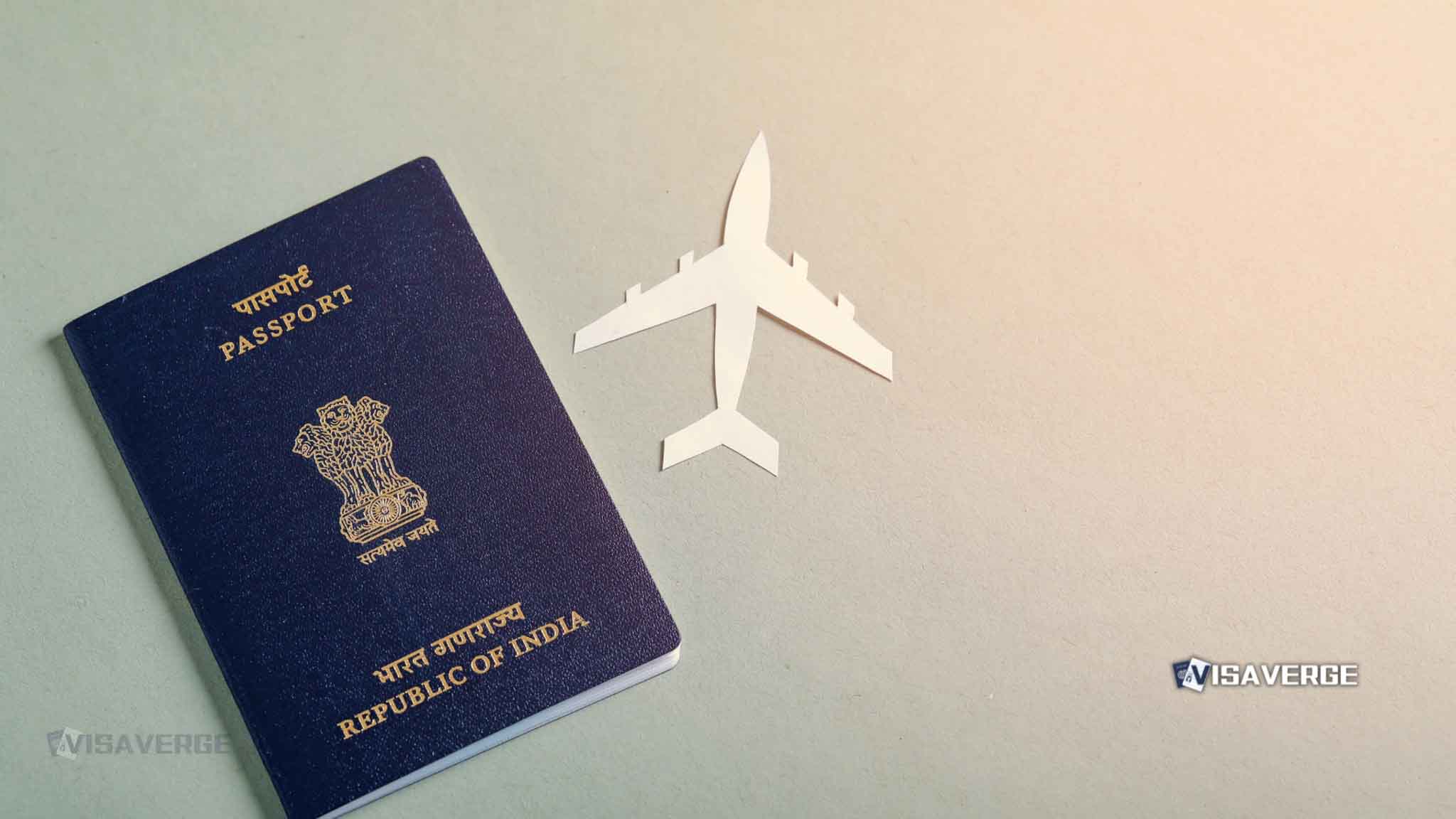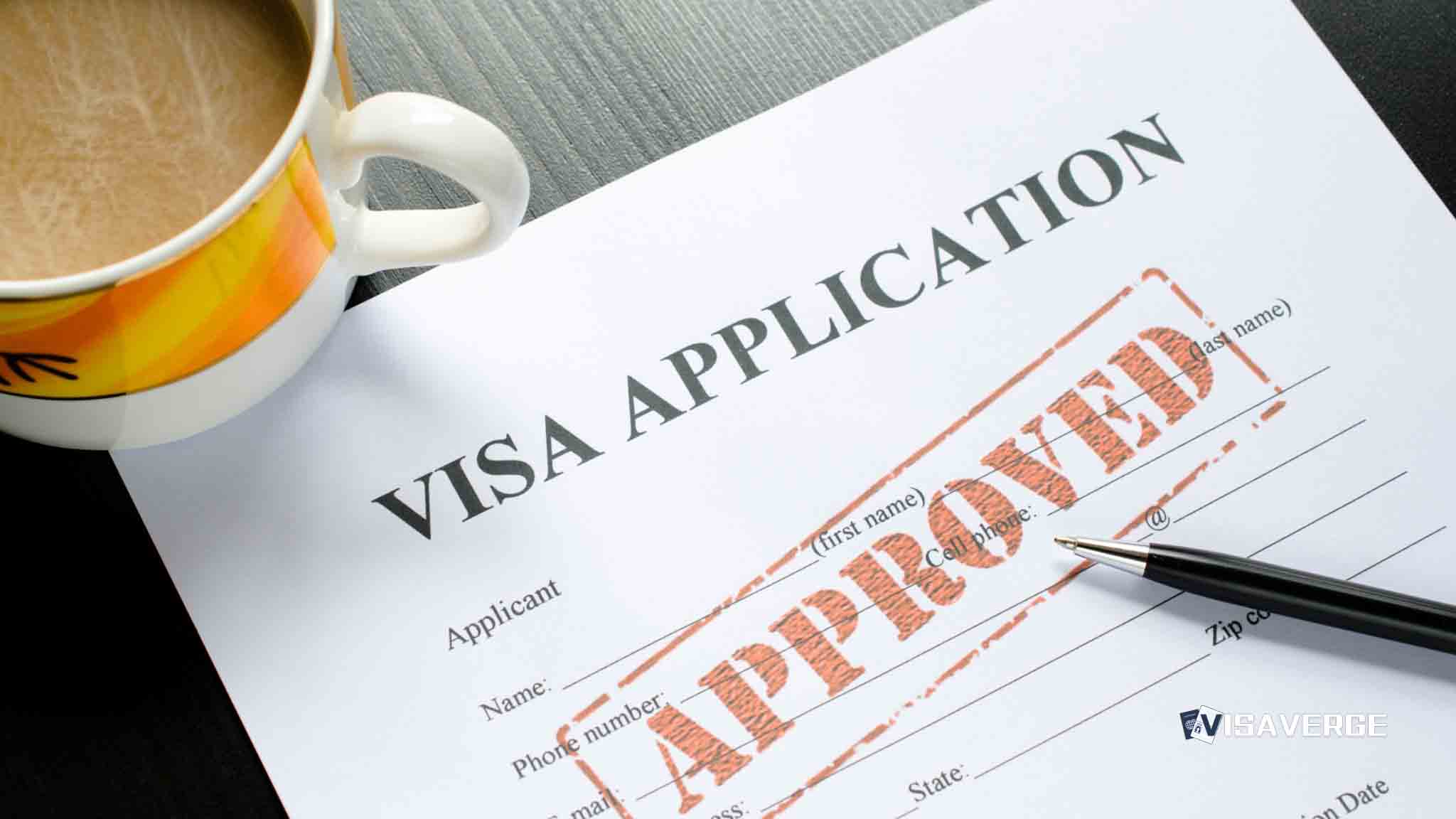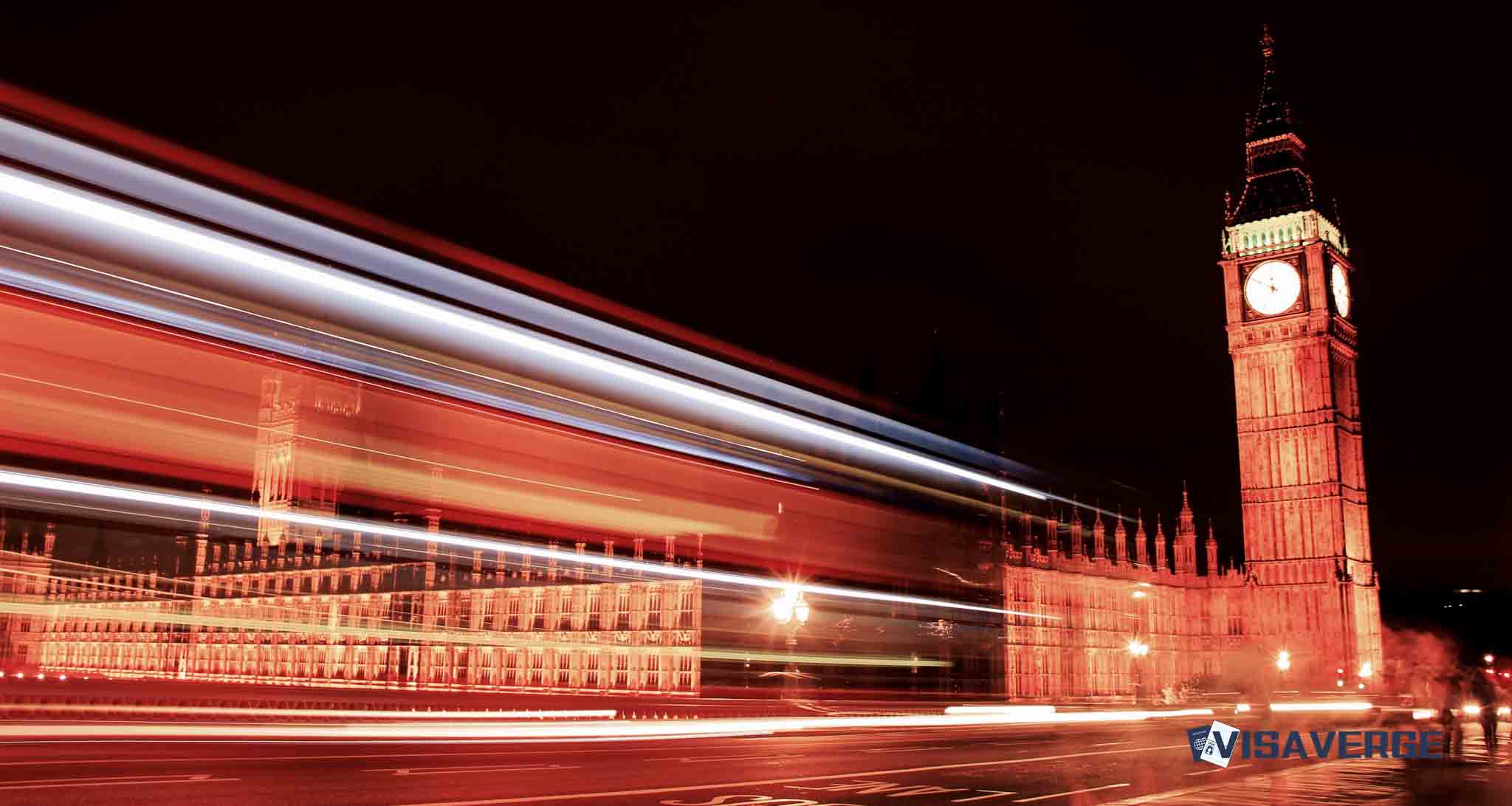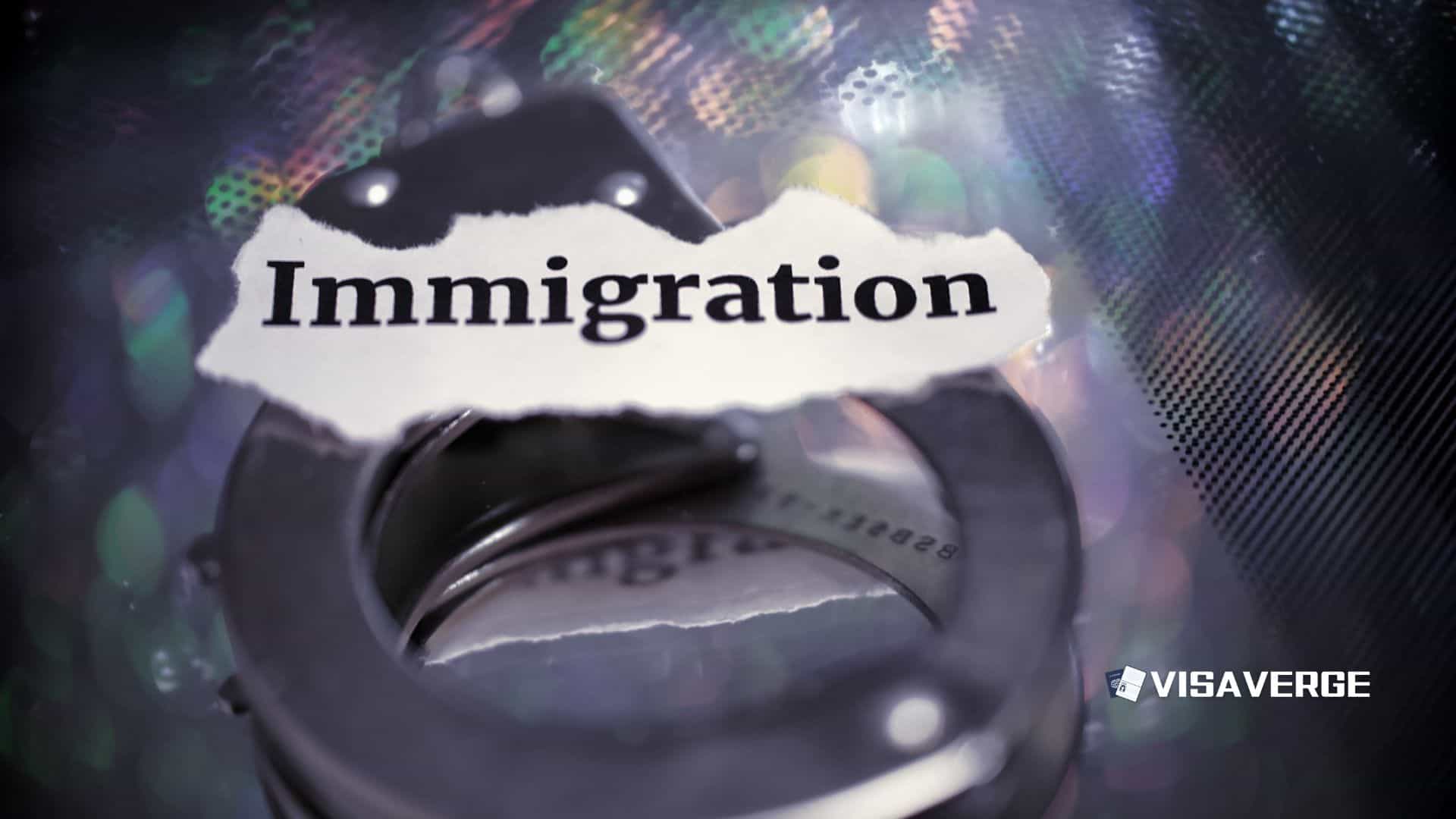(INDIA) As of August 14, 2025, the Citizenship Amendment Act (CAA) of 2019 is fully in force across India, after rules were issued by the Bharatiya Janata Party (BJP) government in March 2024. The law offers a fast track to citizenship for non-Muslim migrants from Pakistan, Afghanistan, and Bangladesh, while keeping Muslims outside those benefits. Supporters in government say it helps people fleeing religious abuse. Critics, including rights groups and opposition parties, say the CAA uses religion as a test for citizenship for the first time in independent India and risks pushing Muslims to the edge of civic life.
Policy and implementation

The Home Ministry activated the law in March 2024, after years of delay since Parliament passed it in December 2019. Since then, officials have started processing cases under the rules nationwide.
Under the CAA, people who entered India on or before December 31, 2014 from the three named countries and who belong to six communities—Hindus, Sikhs, Buddhists, Jains, Parsis, and Christians—can apply for a shorter path to Indian citizenship. Officials say the CAA does not affect Indian Muslims’ citizenship status.
Eligible applicants must show proof of:
– Religion
– Country of origin
– Date of entry
The Ministry of Home Affairs manages the process and accepts filings online or at government offices.
Soon after the rollout, the Home Ministry issued a press note saying, “Indian Muslims need not worry as CAA has not made any provision to impact their citizenship,” then withdrew it. The pullback added doubt. Security forces were deployed in areas seen as sensitive, including Delhi and Assam, to prevent unrest. Past protests against the law saw police crackdowns, with deaths and detentions.
Dozens of petitions asking the Supreme Court to test the CAA against equality and non-discrimination remain pending. The court has not ruled yet, leaving applicants and critics in limbo. Meanwhile, the government continues to process cases under the law.
NRC, Foreigners Tribunals and possible nationwide rollout
Another plank is the National Register of Citizens (NRC), a citizenship check the government says it wants to roll out countrywide. Assam already carried out a version in 2019, which left nearly 2 million residents—both Hindus and Muslims—off the list.
Those left out faced Foreigners Tribunals, bodies that can declare a person not Indian and order detention. If an NRC is applied nationally, people who cannot produce papers may again be sent to these tribunals.
Key implications:
– For non-Muslims who fall outside the NRC, the CAA offers a possible route back to legal status.
– For Muslims, no such safety net exists under the CAA.
– Experts warn a nationwide NRC could affect millions of lives.
– Scholars argue that combining the CAA, NRC, and Foreigners Tribunals creates legal tools that could be used disproportionately against Muslims, increasing risks of statelessness and communal strain.
Positions and reactions
Supporters:
– Home Minister Amit Shah and other BJP leaders defend the law as a humanitarian measure that does not touch Indian Muslims’ status.
Critics:
– Opposition parties, Amnesty International, Human Rights Watch, and the United Nations High Commissioner for Human Rights have called the CAA discriminatory and inconsistent with India’s constitutional and international law obligations.
According to analysis by VisaVerge.com, the nationwide rollout has focused on speeding cases for the six listed communities, while court challenges continue in parallel.
“The CAA marks the first time religion has been used as a direct test for a citizenship benefit.”
Supporters say this is justified to aid minorities from three Muslim-majority neighbors; critics say it contradicts the promise of equal treatment under India’s Constitution.
Impact and next steps
Officials maintain the CAA does not change Muslims’ citizenship status. However, the link the government has drawn between the CAA and a future NRC has left many uneasy.
If a person cannot find old birth records, land deeds, or other papers during an NRC, they could be excluded from the register. Non-Muslims who fall out may still claim relief under the CAA. Muslims would not have that option. Rights groups say this mismatch creates a unique risk of being left without status for Muslims if the NRC goes nationwide.
Other excluded groups:
– Rohingya Muslims
– Sri Lankan Tamils
– Minority Muslim sects such as Hazaras and Ahmadiyyas
These groups are not covered by the CAA and therefore remain outside the law’s faster citizenship route.
Authorities have deployed police in places that saw earlier unrest. Protesters say the right to speak up is being squeezed; previous demonstrations ended with detentions and deaths, with rights monitors reporting Muslims often bore the brunt. The government says it aims to preserve order while carrying out a lawful policy passed by Parliament.
How applicants can prepare
People who believe they qualify under the CAA can prepare a simple file with documentation such as:
- Identity and religion proof
- Example: community certificate or other official record naming the applicant’s faith.
- Origin proof
- Example: passport, national ID, or other document from Pakistan, Afghanistan, or Bangladesh.
- Entry proof
- Example: any record showing the person entered India on or before December 31, 2014.
Applications go through the Ministry of Home Affairs process. Instructions and updates are posted at https://www.mha.gov.in/. If the Supreme Court later changes the law, final outcomes could shift, but for now the application window remains open under the existing rules.
Legal status and timeline
The Supreme Court’s decision on the CAA’s constitutionality remains pending. A ruling could:
– Reshape how the law is applied, or
– Leave it in place as is.
The government has not set a public timeline for a nationwide NRC, though BJP leaders have said it remains a goal. That ongoing uncertainty keeps the debate active.
Civil society groups and opposition parties plan to continue public campaigns and court action. For now, the policy is live, the paperwork is moving, and India’s largest minority watches to see what the next step will be.
This Article in a Nutshell
The CAA, active nationwide since August 14, 2025, fast-tracks citizenship for six listed non-Muslim communities from three countries, raising equality concerns. With NRC talks and Foreigners Tribunals looming, millions may face documentation challenges. Applicants should gather religion, origin, and entry proof while legal challenges proceed in the Supreme Court.













